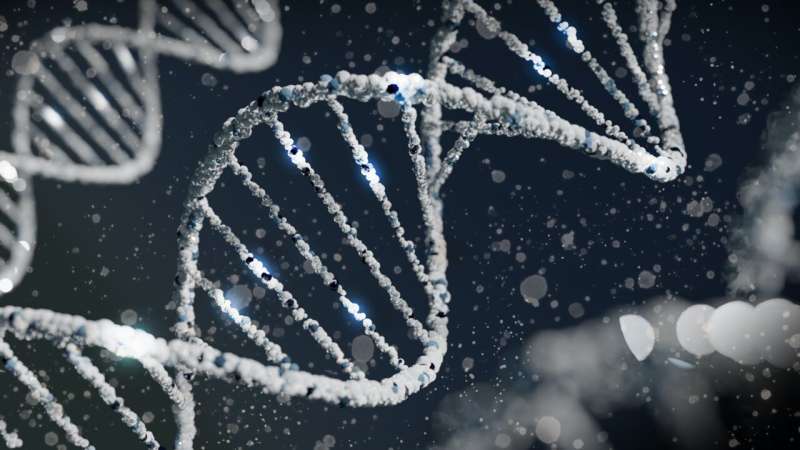Understanding How Genes and Environment Shape Disease Risk: A New Perspective

Emerging research reveals the intricate interplay between genetics and environment in determining disease risk. New tools are helping scientists quantify how these factors combine, paving the way for personalized medicine and targeted treatments.
Recent advances in genetics and environmental research are shedding light on the complex ways in which our genes and surroundings influence disease susceptibility. While lifestyle choices such as diet, exercise, and exposure to pollution undeniably impact health, genetic variation also plays a crucial role. Since the human genome was mapped in 2003, scientists have uncovered that many diseases are polygenic, involving multiple genes that interact with environmental factors.
For example, studies on heritability—how much genetic differences contribute to disease risk—show that conditions like Type 2 diabetes have about 17% heritability, while schizophrenia is around 80%. Diseases caused by mutations in a single gene, like cystic fibrosis, are distinct from chronic illnesses influenced by many genetic variants across the genome. These complex diseases often exhibit gene-environment interactions, where external factors modify genetic effects.
Innovative research led by scientists like Alkes Price has developed tools to quantify how genetics and environment jointly affect disease biology. One illustrative case is the relationship between aspirin use and colon cancer, where a genetic mutation influencing aspirin metabolism can alter the drug’s protective effects. Such findings highlight that genetic variations can impact medical treatments and disease outcomes.
To explore these interactions further, researchers are now analyzing genome-wide data to identify subtle gene-environment effects across different traits. Using large datasets like UK Biobank, they examine how behaviors such as smoking, diet, and physical activity modify genetic influences on health markers like blood cell counts, BMI, and cholesterol levels.
They have identified three main types of gene-environment interactions: first, specific genetic variants that have different effects depending on environmental exposures; second, scenarios where heritability of traits varies with environmental factors; and third, instances where genetic and environmental effects amplify each other proportionally, such as smoking increasing genetic influence on lung capacity.
These insights are further enriched by considering biological sex, which can also modulate gene-environment dynamics. For instance, neuroticism shows different genetic influences in men and women.
Understanding these complex interactions helps build more accurate models of disease risk and offers hope for personalized medicine. By mapping how environmental factors influence biological pathways, researchers aim to develop tailored prevention and treatment strategies based on an individual’s genetic profile. Future research into gene-environment interactions promises to unlock targeted interventions for diseases like heart disease, diabetes, and cancer, ultimately improving health outcomes.
Source: https://medicalxpress.com/news/2025-05-genes-interact-environment-disease-ways.html
Stay Updated with Mia's Feed
Get the latest health & wellness insights delivered straight to your inbox.
Related Articles
Potential of Duavee in Preventing Invasive Breast Cancer: Clinical Trial Highlights
A clinical trial suggests that Duavee, an FDA-approved menopause medication, may help reduce the risk of invasive breast cancer in postmenopausal women, offering hope for targeted prevention strategies.
Brain Care Score Indicates Risk for Heart Disease and Common Cancers
Discover how the McCance Brain Care Score can predict the risk of cardiovascular disease and common cancers, emphasizing lifestyle's role in holistic health.
New Study Questions the Protective Role of Education Against Cognitive Decline in Aging
Research involving over 170,000 participants questions the protective effect of education on cognitive decline, emphasizing the need for a holistic approach to brain health across the lifespan.
Innovative AI Enhances Women's Heart Risk Assessment Using Routine Mammograms
A new AI-driven method uses routine mammogram images and age data to accurately predict women's cardiovascular disease risk, offering a cost-effective, dual-purpose screening tool.



